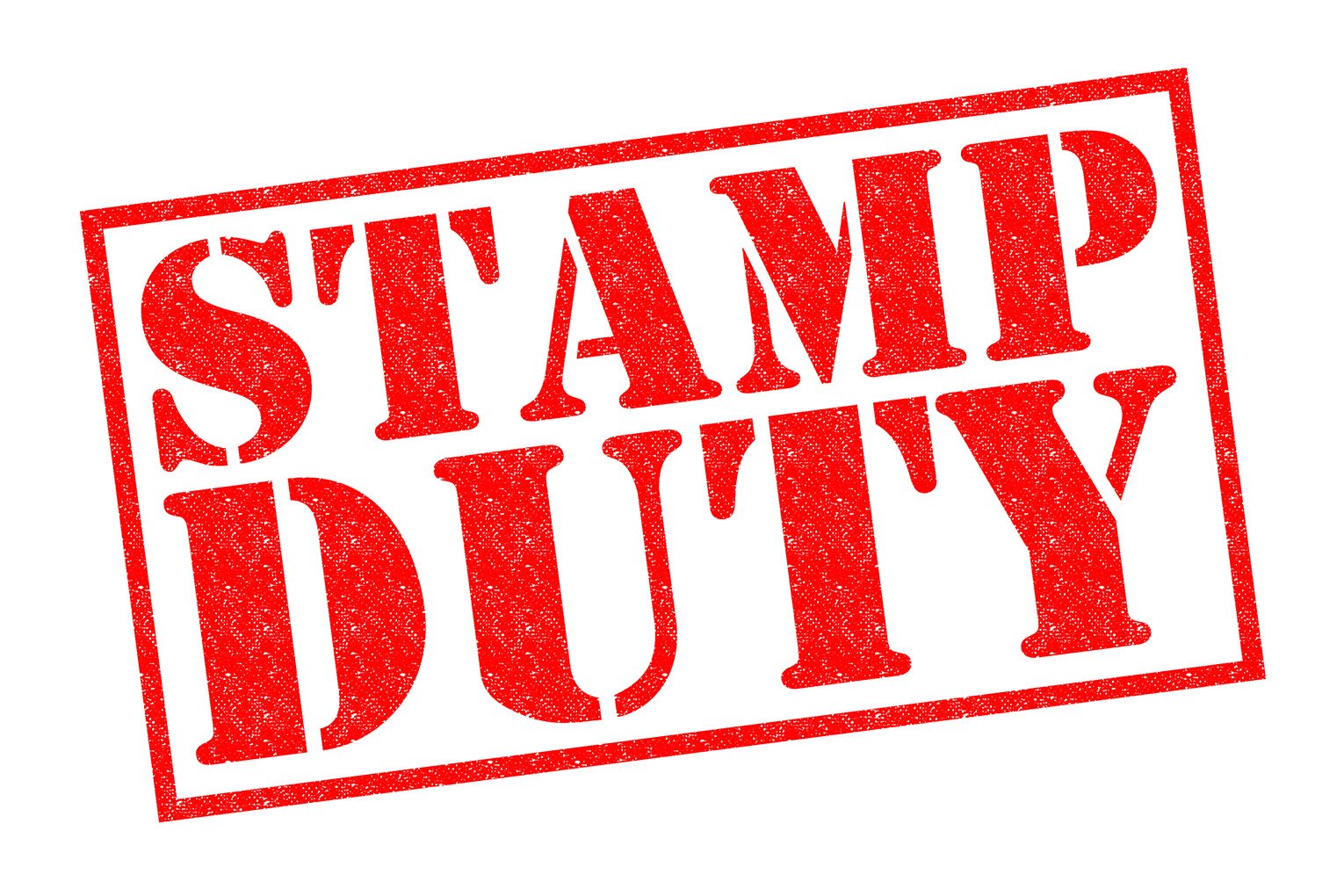When asked whether they support or oppose the recent stamp duty surcharge on second homes, more than twice as many people support the policy as oppose it, according to the 2016 Homeowner Survey conducted by YouGov for HomeOwners Alliance and BLP Insurance.
47% of UK adults support the stamp duty surcharge, while 18% oppose it and the rest are neutral (20%) or don’t know (15%).
Supporters of the stamp duty surcharge on second homes believe the measures are a good way to level the playing field between those buying a home to live in and those making an investment purchase. One said: “The buy-to-let market is slowly destroying the overall housing market and making affordable properties less available for those wanting to own a home as their principal place of residence.”
Some feel there has been a shortage of homes available for first-time buyers and this will make it harder for buy-to-let investors competing to purchase similar properties. There are some anti buy-to-let feelings – a sense that buy-to-let may have been inflating house prices and pricing out local residents in some areas. Some also feel that those able to afford to buy a second home or to buy a property for the purpose of letting it out and making profit should be able to afford to pay higher stamp duty on their purchase.
Those who oppose the stamp duty surcharge on second homes suggest the policy could have unintended consequences such as the surcharge being passed on to tenants in the form of higher rent. Comments also indicate that they feel the government is making another tax grab or that the policy is anti-enterprise.
One respondent said: “I have been saving for some time (five years) to be able to afford to purchase an investment property. This change has now meant that it is not feasible for me to do so. It is unfair to penalise people who work hard and save.”
Stamp duty reforms introduced at the end of 2014 which replaced the slab structure of tax with a progressive stamp duty tax were also well-received with 33% saying the reforms make buying their first home or moving up the ladder more affordable according to the 2015 Homeowner Survey. Concern over stamp duty has also subsided substantially. The annual survey, which tracks top housing concerns, found in March 2014, that two-thirds UK adults (64%) said stamp duty was a serious problem, whereas two years on, only half (52%) say stamp duty is a serious problem (down 12%).
Paula Higgins, chief executive of HomeOwners Alliance, said: “The British public believe that homes are for living in and not speculating with. The stamp duty surcharge might be bad for landlords but it will allow more young people to realise their dream of owning the roof over their head.
“This is why we initially called for the tax system to differentiate between aspiring homeowners and property investors. However, we must see the money raised ploughed back into building more affordable housing.”
Kim Vernau, CEO of BLP Insurance said: “There is a dichotomy in the UK housing market between being able to afford to buy or rent a home. The current government policy in respect of stamp duty is clearly supporting first time buyers to access the market, which is a positive. The downside is the fact that this impacts adversely on those who cannot afford to raise a deposit and have to rent.
“The increase in stamp duty land tax will deter both individuals and, equally importantly, institutional investors from investing in the provision of long term rental properties, which are needed to help unlock the housing crisis we are experiencing. There needs to be a balance, not least as rental investments will also support the affordable housing sector.”



